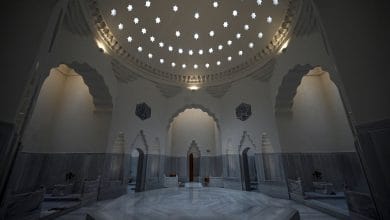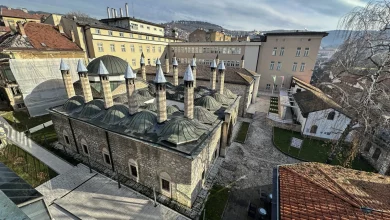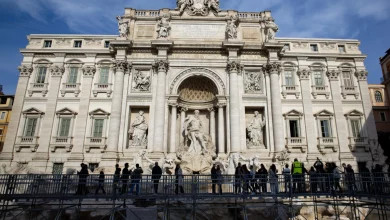The Life and Legacy of Saladin Ayyubi: Conqueror of Jerusalem
Uncover the legacy of Saladin Ayyubi, a leader whose wisdom and courage reshaped Islamic history.
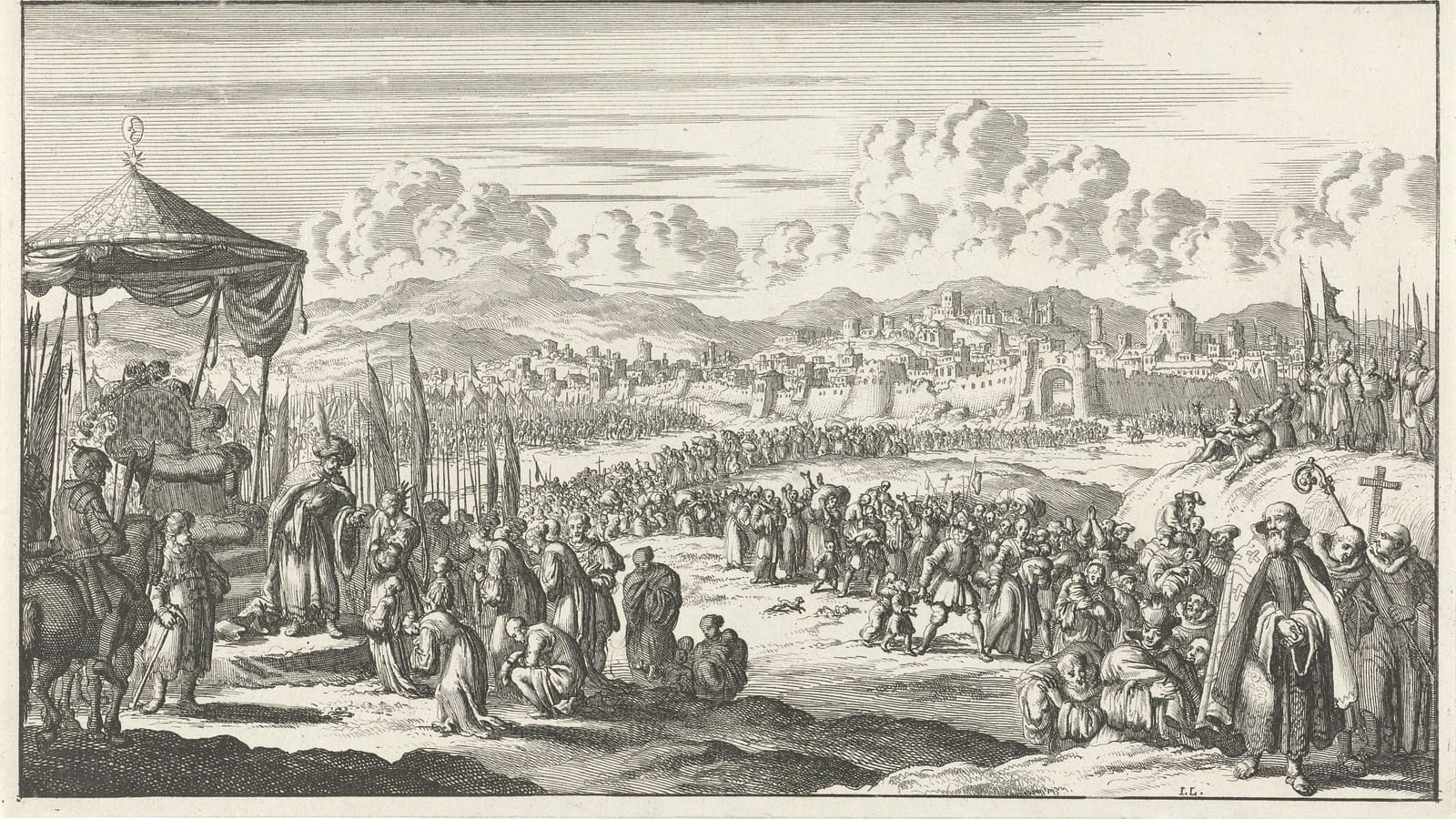
The Life and Legacy of Saladin Ayyubi
Saladin Ayyubi, the Sultan of Egypt, Syria, Yemen, and Palestine, stands as one of the most iconic figures in Islamic history. Known for his military brilliance and statesmanship, he founded the Ayyubid dynasty and led the Muslim world in its struggle against the Crusaders. His most notable achievement was the recapture of Jerusalem in 1187, a moment that solidified his legacy as a unifier and protector of Islam.
Early Life and Education
Saladin, whose full name was Salah ad-Din Yusuf ibn Ayyub, was born on September 8, 1138, in Tikrit. His father, Najmeddin Ayyub, served the Seljuk emir Imadeddin Zengi, and his mother was the sister of Shihabeddin Mahmud, the emir of Harim. The family moved to Baalbek and later Damascus, where Saladin grew up and received a robust education.
Saladin excelled in subjects such as geometry, astronomy, mathematics, and logic. He also studied Islamic jurisprudence (fiqh), history, and philosophy. He memorized the Quran and graduated from the prestigious Dar’ul-Hadith in Damascus, setting the foundation for his intellectual and spiritual depth.
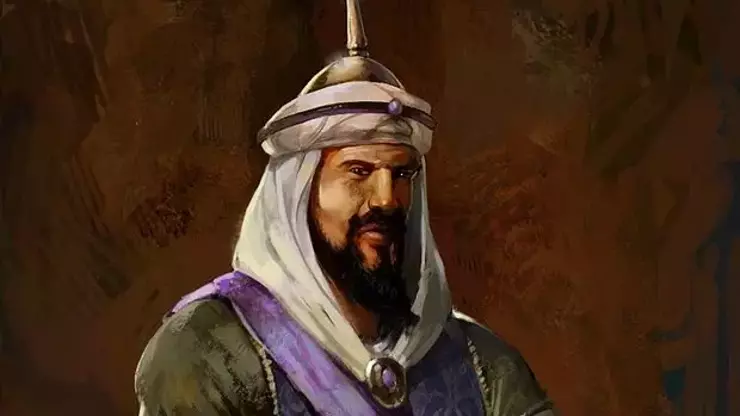
Entering the Military
Saladin’s military career began under the guidance of his uncle Shirkuh, a commander serving Zengi’s successor, Nureddin. Shirkuh’s campaigns in Egypt against the Crusaders brought Saladin to the forefront of military leadership. By 1169, after Shirkuh’s death and the assassination of the Fatimid vizier Shavar, Saladin was appointed commander of the Syrian forces and vizier of Egypt.
The Rise of Saladin Ayyubi
Abolishing the Fatimid Caliphate
In 1171, Saladin ended the Shiite Fatimid caliphate in Egypt, restoring Sunni Islam as the dominant religious doctrine. This move consolidated his control over Egypt and marked the beginning of his independence. Although he nominally acknowledged Nureddin’s young heir, Saladin became the de facto ruler of Egypt and Syria.
Uniting the Muslim World
From 1174 to 1186, Saladin worked tirelessly to unify Muslim territories under his rule. He brought together Syria, northern Mesopotamia, Palestine, and Egypt, overcoming the internal divisions that had weakened the Muslim front against the Crusaders. His reputation as a virtuous and just leader grew during this period, earning him admiration across the Islamic world.
The Conquest of Jerusalem
Saladin’s most significant military achievement came in 1187 with the conquest of Jerusalem. In the decisive Battle of Hattin on July 4, 1187, his forces annihilated the Crusader army, paving the way for the capture of key territories, including Jerusalem on October 2.
Saladin’s conduct during the conquest of Jerusalem was marked by generosity and mercy. Unlike the brutal siege by the Crusaders nearly 90 years earlier, Saladin allowed the city’s Christian inhabitants to leave peacefully, earning him respect even among his enemies.
The Third Crusade
The fall of Jerusalem prompted the Third Crusade, led by Richard the Lionheart and other European monarchs. The campaign was long and arduous, with both sides displaying remarkable military skill. Despite Richard’s tactical brilliance, the Crusaders failed to reclaim Jerusalem.
In 1192, a truce was signed, allowing the Crusaders to retain a small coastal strip while Saladin maintained control of Jerusalem and the surrounding regions.
Governance and Reforms
Saladin was not just a warrior but also a visionary leader who implemented significant reforms.
Strengthening Sunni Islam
He ended ideological divisions by abolishing the Fatimid caliphate and promoting Sunni Islam across his territories. His efforts helped unify the Muslim world both spiritually and politically.
Promoting Education and Infrastructure
Saladin established madrasahs, mosques, and hospitals throughout his empire. He repaired iconic structures like the Dome of the Rock and Al-Aqsa Mosque and built fortifications in cities such as Cairo and Jerusalem.
Charity and Generosity
Known for his selflessness, Saladin gave much of his wealth to the poor and his soldiers. At the time of his death, his personal treasury held only a few coins, a testament to his dedication to public welfare.
Death and Legacy
Saladin died on March 4, 1193, in Damascus after a life of relentless campaigns and governance. His tomb, located near the Umayyad Mosque, remains a site of reverence.
A Hero of Islam
Saladin’s legacy as a unifier and defender of Islam endures. He is celebrated for his justice, humility, and ability to inspire loyalty among his followers. His recapture of Jerusalem made him a hero in the Islamic world, and his fair treatment of enemies earned him admiration even among Christians.
Cultural Impact
Historians and poets have immortalized Saladin as a symbol of virtue and courage. Mehmed Akif Ersoy called him “the most beloved sultan of the East,” while French historian Champdor described him as “the purest hero of Islam.”
A Lasting Influence
Saladin Ayyubi’s contributions extended beyond his lifetime. His political and military successes laid the groundwork for future Islamic states, including the Mamluks, who carried on his legacy. His reign fostered a golden age of intellectual and cultural development, making Syria and Egypt key centers of learning in the Islamic world.
Saladin’s name continues to evoke respect and admiration, standing as a symbol of unity, strength, and justice in the annals of history.


